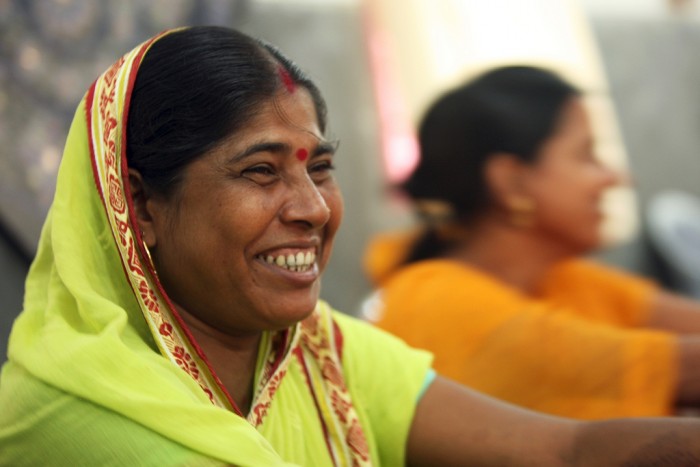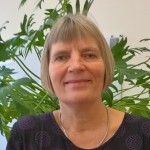
As an advisor on gender equality at DCA and a dedicated supporter of gender equality for decades, I am excited to be going to the Commission on the Status of Women (CSW) for the fourth time. I will be part of the official Danish delegation and therefore be able to take part in the actual negotiations. I will also be part of the small but very active ACT team at the CSW.
I very much look forward to the hectic time of meetings, learning, dialogue, laughter and sometimes frustration that always follows the CSW negotiations.
Background to the CSW
CSW is the biggest annual UN event on women’s rights with most nations’ governments and thousands of NGOs in attendance.
The United Nations has previously organized four world conferences on women. These took place in Mexico City (1975), Copenhagen (1980), Nairobi (1985) and Beijing (1995). The World Conference on Women in Beijing marked a significant turning point for the global agenda for gender equality. The Beijing Declaration and the Platform for Action, was adopted unanimously by 189 countries and has formed the reference point for global work on gender equality ever since.
For me it is really thought provoking that it has not been feasible to organise another Women’s Conference in over 20 years, mainly out of fear of not being able to agree on some of the difficult issues and therefore risking a backlash on already agreed upon language.
The role of faith-based actors including ACT Alliance
Faith actors will need to challenge existing power structures and address barriers to gender equality, including poverty, unpaid care work, unequal pay, and social marginalization – all of which will be on the agenda in this year’s CSW, which focuses on women’s economic empowerment.
It is very important to strengthen the visibility of faith voices in support of gender equality at the CSW. We need constructive engagement from the faith community in the struggle for gender justice. We must also dare to openly discuss all issues, even those where we might not fully agree. In many UN discussions involvement of faith institutions are seen more as an obstacle to achieve gender equality than as a necessary part of the solution.
ACT Alliance has also recognised this challenge and aims at bringing progressive faith voices to the CSW 61 where we will do global advocacy on gender justice. ACT has to be present and influence the CSW 61 official text and the CSW negotiations. We also hope to mobilise members to engage on a high level at CSW62 and to follow up CSW 61 through advocacy in their regional and national forums.
I am however very happy to recognise that during the years I have participated in the CSW the understanding of the importance of inviting constructive faith voices into the debate has gradually increased with UN and government agencies.
____________________

Elsebeth Gravgaard works as senior policy and advocacy advisor on Gender Equality and Active citizenship at DanChurchAid. She is also a long-term member of the ACT Communities of Practices on Gender Justice and previous chair of ACT Gender reference group.